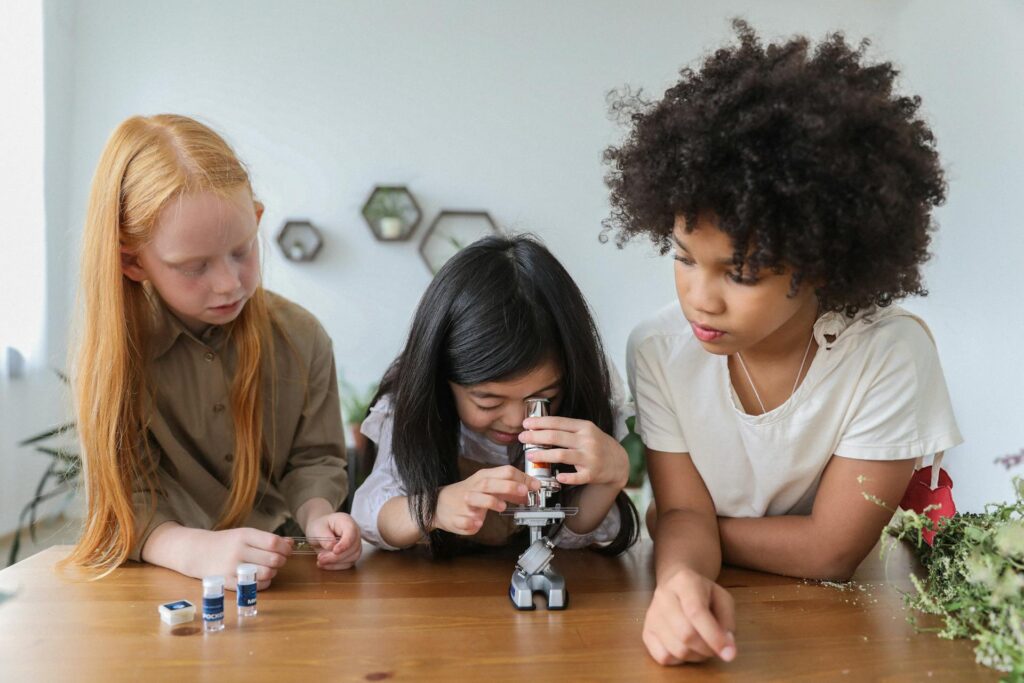
“Play is a waste of time.” This is a statement that, unfortunately, many parents and educators might have heard or even believed at some point. However, this couldn’t be further from the truth. Play is not merely a frivolous activity or a way for children to pass the time. On the contrary, research has shown that play is a critical component of a child’s development, playing a pivotal role in the growth of their social and intellectual skills.
Unfortunately, even when parents know the value of play, they still find themselves being too busy to play with their children. You can read our article on how to overcome this here.
Many adults, on the other hand, believe that structured learning and rigorous academic activities are the only ways to ensure a child’s future success.
However, studies have shown that children who engage in regular, unstructured play have the advanatge. They are more likely to develop vital skills that contribute to their overall well-being and future achievements. According to a report by the American Academy of Pediatrics, play is essential for healthy brain development. It enables children to use their creativity while developing their imagination, dexterity, and physical, cognitive, and emotional strength.
One of the most significant benefits of play is the development of social skills. Through play, children learn how to interact with others, share, negotiate, and resolve conflicts. These interactions are foundational for building healthy relationships throughout life.

Research has shown that children who engage in cooperative play tend to develop better communication skills, empathy, and the ability to work collaboratively with others.
For example, in a study conducted by the University of Illinois, researchers found that children who participated in group play activities demonstrated higher levels of social competence and were more adept at forming friendships.
This is because play often requires children to follow rules, take turns, and consider the perspectives and emotions of their peers, which are crucial elements of social interaction.
Play is also instrumental in the development of intellectual skills. Unstructured play, in particular, encourages children to explore their environment, ask questions, and engage in problem-solving. These activities stimulate cognitive growth and help children develop critical thinking and decision-making skills.

Photo by Artem Podrez on Pexel.com
Moreover, imaginative play allows children to experiment with different roles and scenarios, which can enhance their understanding of the world and improve their language and literacy skills. A study published in the journal Pediatrics highlighted that children who engage in pretend play show greater language abilities and are better at storytelling. This is because imaginative play often involves creating narratives, which helps children understand and use complex language structures.
Additionally, physical play, such as running, jumping, and climbing, is crucial for developing motor skills and overall physical health. The coordination and balance required in these activities also contribute to brain development and cognitive function.
To maximize the benefits of play, parents, educators and care givers can implement several best practices:
Play is far from a waste of time; it is a vital component of childhood development that fosters social and intellectual growth. By debunking the myths surrounding play and recognizing its importance, parents and educators can create environments that support and encourage healthy play. Providing safe spaces, encouraging unstructured playtime, actively participating, limiting screen time, and promoting play-based learning are all effective strategies to ensure that children reap the full benefits of play.
Through play, children not only learn essential life skills but also develop a love for learning that can last a lifetime.

At Quiverfull Daycare in Calgary, we apply all these principles (and more) to ensure that your child has a blast at daycare, but also learns and grows in the process.
With experts in early childhood education and super-qualified and caring team of staff and support workers, you can rest assured that your child is taken care of, and is engaging in wholesome, developmental activities that you can reinforce and solidify at home.
If you live in the Calgary and need high-quality child care, we’d love to hear from you. Click here to book a tour.
References
Introduction
The Benefits of Play
Social Skills Development
Intellectual Skills Development
Best Practices for Facilitating Healthy Play
Mayo Clinic: Guidelines for limiting screen time and encouraging physical play.